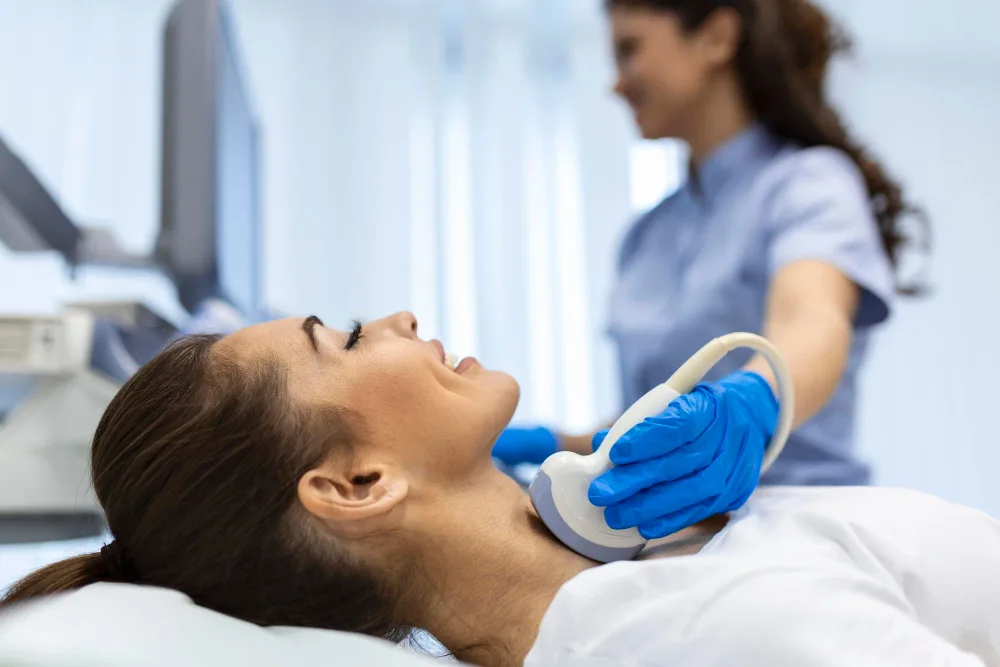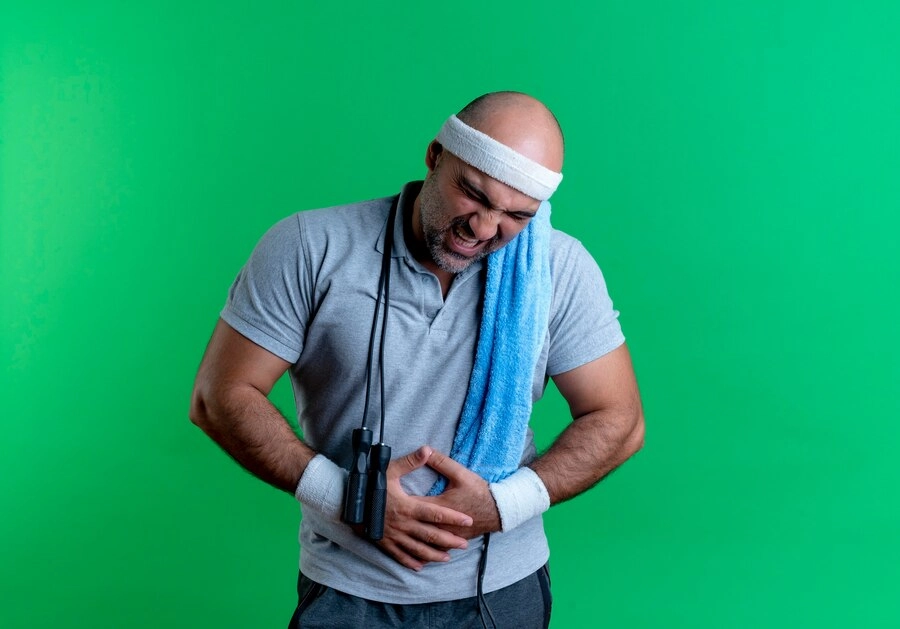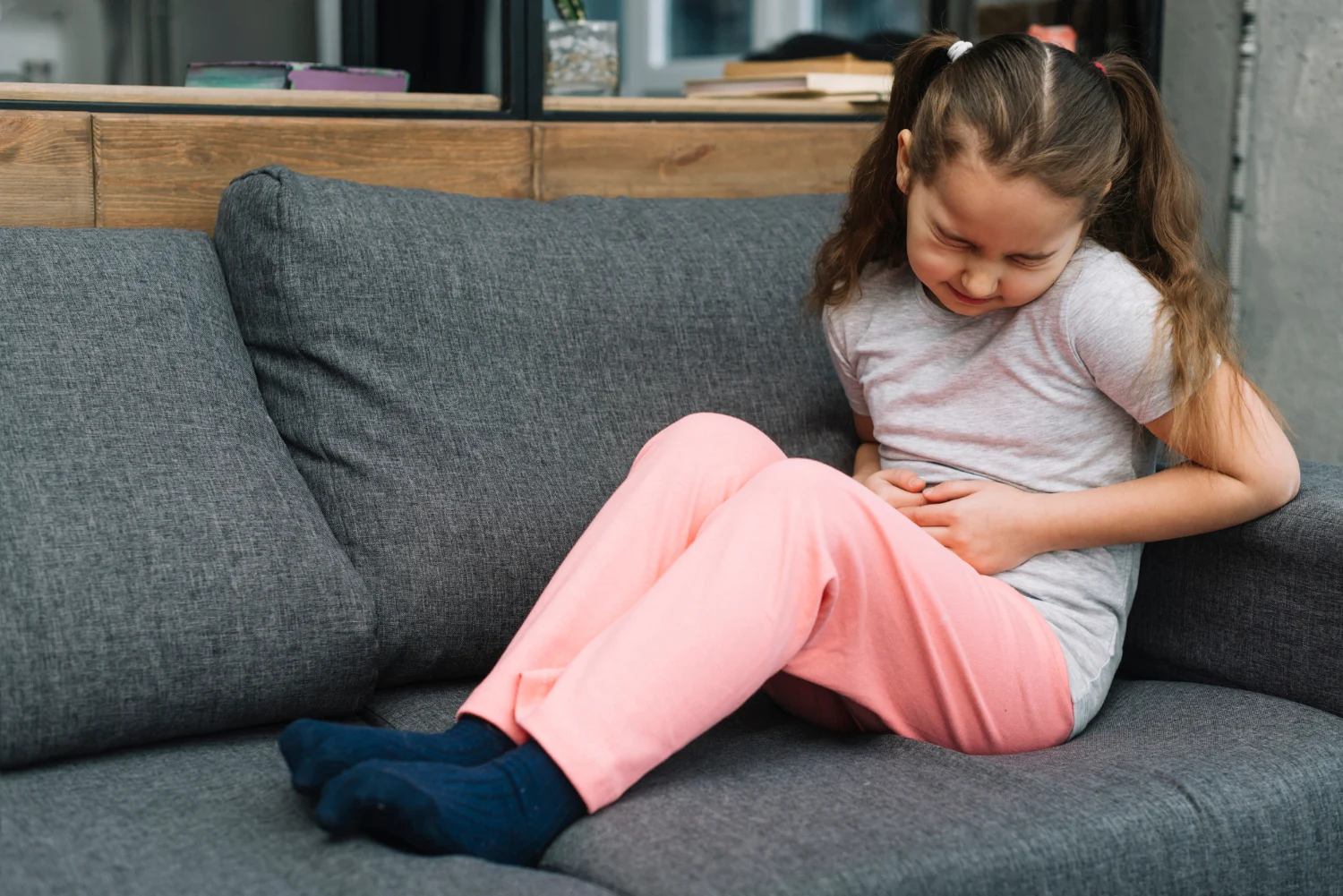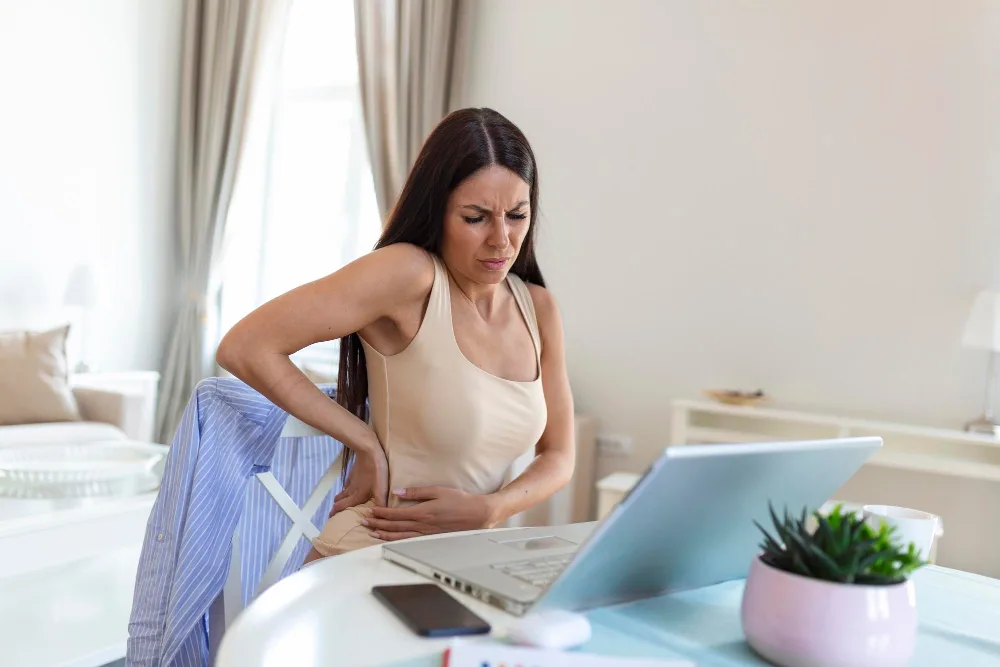What Causes Piles?
Category: General Surgery
Piles, or hemorrhoids, are swollen veins in the rectum and anus that can lead to discomfort, itching, and pain. While many people may dismiss piles as a minor problem, they can significantly affect daily routines if left untreated. The condition is extremely common among adults and is often linked to poor lifestyle habits, diet, or other medical factors.
At Lokmanya Hospitals, patients receive expert care from experienced piles specialists in Pune. With advanced diagnostic facilities and modern treatment options, the hospital ensures that individuals struggling with piles get relief without compromising their quality of life.
Understanding what causes piles is the first step to preventing them and seeking timely treatment. With the right medical guidance and early care, this condition can be managed effectively without disrupting your daily routine.
Common Causes Of Piles
Several factors contribute to the development of piles. While anyone can develop them, certain conditions and habits increase the risk:
- Chronic constipation – Constant straining during bowel movements puts intense pressure on the rectal veins, eventually causing them to swell.
- Prolonged sitting – Spending long hours seated at a desk, on the toilet, or in one posture reduces blood flow and makes piles more likely.
- Pregnancy – Hormonal changes, increased blood volume, and pressure on pelvic veins often make piles common in expectant mothers.
- Low-fiber diet – Without enough fiber, stools become hard and difficult to pass, leading to straining and irritation.
- Obesity – Excess body weight creates extra pressure on the rectal veins.
- Aging – With age, the tissues supporting rectal veins weaken, making them more prone to swelling.
These symptoms can cause complications and in order to prevent them consulting a piles doctor in Pune at Lokmanya Hospitals at early stages may reduce further problems. Early consultation helps ensure timely diagnosis and effective treatment, allowing you to manage discomfort and prevent complications.
Lifestyle Factors That Worsen Piles
Apart from medical reasons, lifestyle plays a big role in triggering or aggravating piles. Some everyday habits unknowingly make the condition worse:
- Sedentary lifestyle – Sitting for long hours with little or no exercise slows digestion and circulation.
- Dehydration – Low water intake leads to dry, hard stools that are painful to pass.
- Overuse of laxatives – While occasional use may help, frequent dependency can disrupt natural bowel function.
- Frequent heavy lifting – Straining abdominal muscles increases pressure on rectal veins.
Making small but consistent lifestyle changes can help prevent piles from worsening. Staying active, drinking enough water, and eating a fiber-rich diet are simple yet effective steps for prevention.
When To Seek Medical Help
While mild piles often improve with home remedies, some symptoms require professional care. You should seek medical attention if you notice:
- Severe pain or swelling around the anus
- Bleeding during bowel movements
- Constant itching or irritation
- Discomfort while sitting or moving
Ignoring these signs can worsen the condition. At Lokmanya Hospitals, advanced diagnostic tools and treatment facilities ensure that patients receive timely care and long-term relief.
Treatment Options For Piles
If lifestyle changes and conservative remedies do not help, medical intervention may be necessary. Treatment options include:
- Medications – Creams, ointments, or oral medicines to reduce pain, itching, and swelling.
- Minimally invasive procedures – Techniques such as rubber band ligation or sclerotherapy help shrink piles with minimal discomfort.
- Surgical treatments – In severe or chronic cases, advanced piles surgery in Pune offers permanent relief with safe and effective results.
For personalized care, Lokmanya Hospitals offers expert piles surgeons in Pune who ensure you receive the most suitable treatment for your specific condition.
Conclusion
Piles may not be life-threatening, but they can be uncomfortable and disruptive if ignored. Since the causes range from lifestyle habits to medical conditions, early diagnosis and treatment are essential for long-term relief.
By making small lifestyle adjustments and seeking expert medical help when needed, you can manage piles effectively. With the availability of modern treatments and compassionate care at Lokmanya Hospitals, living free from the discomfort of piles is not just possible, it’s within your reach.
FAQ’s
1. Can piles go away on their own?
Yes, mild piles can subside with lifestyle changes and home care, but persistent cases need medical attention.
2. Are piles dangerous?
They are usually not life-threatening but can cause severe discomfort if untreated.
3. Who is at higher risk of developing piles?
Pregnant women, older adults, people with chronic constipation, and those with sedentary lifestyles are at higher risk.
4. How can I prevent piles?
Eating a fiber-rich diet, drinking plenty of water, and avoiding prolonged sitting can reduce the risk.
5. When should I consult a doctor for piles?
If you notice bleeding, severe pain, or persistent symptoms, consult a specialist immediately.
6. Is surgery the only option for piles?
No, many cases are managed with medication or minimally invasive methods, though surgery is needed for severe piles.
7. Do piles come back after treatment?
They can recur if lifestyle habits are not improved, which is why preventive care is important.
Previous blog

How Common is Thyroid Surgery?
Next blog





